Order By Phone – (800) 778-1540 or (636) 583-1608 – M-F: 8:00AM to 4:30PM (CST)
Explore the World of Septic Systems
Welcome to our comprehensive guide on septic systems, where we delve into the various types available, along with their distinct advantages and disadvantages. Whether you're a homeowner, a real estate enthusiast, or simply curious about wastewater management, this page is your go-to resource for understanding the intricacies of septic systems.
Types of Septic Systems
Conventional Gravity Septic System
The conventional gravity system is the most common type of septic system. It relies on the force of gravity to move wastewater from your home to the septic tank and then to the drainfield for further treatment.
Advantages: Simple design, low operational costs, minimal maintenance, environmentally friendly.
Disadvantages: Limited suitability for sites with challenging terrain, potential for water pollution if not properly maintained.
Pressure Distribution Septic System
The pressure distribution system utilizes a pump to evenly distribute effluent throughout the drainfield. This ensures better treatment and minimizes the risk of surfacing effluent.
Advantages: Suitable for challenging terrain, efficient wastewater distribution, lower risk of surfacing effluent.
Disadvantages: Higher installation and maintenance costs, potential for clogs in distribution lines.
Aerobic Treatment Unit (ATU) - Aerobic Septic System
An ATU introduces air into the treatment process, promoting the growth of aerobic bacteria that break down waste more effectively. It produces higher-quality effluent compared to traditional systems.
Advantages: Effective in treating high-strength wastewater, compact design, produces higher quality effluent.
Disadvantages: Requires electricity, more complex maintenance, higher initial cost.
Mound Septic System
A mound system is designed for properties with shallow or rocky soil. It involves building an elevated mound of sand and gravel to provide proper treatment and prevent contamination.
Advantages: Ideal for sites with shallow or rocky soil, provides better treatment, minimizes risk of groundwater contamination.
Disadvantages: Higher installation and maintenance costs, potential for system compaction.
Sand Filter Septic System
Sand filter systems use layers of sand and gravel to filter and treat wastewater. Effluent passes through these layers, undergoing biological and physical treatment.
Advantages: Effective treatment, smaller footprint, suitable for sites with high water tables or poor soil quality.
Disadvantages: Regular maintenance needed, potential for clogging, may require replacement of sand over time.
Multi-Flo Wastewater Treatment System
Multi-Flo is a versatile alternative to central sewage systems and septic tanks, particularly suited for renovating failing on-site sewage systems. Its lightweight construction enables quick and easy installation, even in challenging locations.
Advantages: Superior wastewater treatment, durability, efficient submersible aerator, positive filtration design, certified Class I System by ANSI/NSF Standard 40.
Disadvantages: Initial cost, regular maintenance required with the multi-flow filter socks.
Drip Distribution Septic System
The drip distribution system delivers small, controlled amounts of effluent to the drainfield using specialized tubing. This allows for even distribution and efficient treatment.
Advantages: Even distribution of effluent, efficient treatment, suitable for various soil types.
Disadvantages: Requires regular monitoring, potential for clogging in distribution lines.
Choosing the Right Septic System For Your Property
When selecting a septic system for your property, it's important to consider both the benefits and drawbacks associated with each type. Here's a quick overview to help you make an informed decision.
Cost
Gravity systems and conventional options tend to have lower installation and maintenance costs. On the other hand, advanced systems like ATUs and pressure distribution systems require a higher upfront investment.
Septic System Site Suitablility
Terrain, soil composition, and local regulations play a crucial role. Systems like mound and sand filter are designed to tackle challenging soil conditions and uneven landscapes.
Effluent Quality
If producing high-quality effluent is a priority, ATUs and sand filters are excellent choices. They provide superior treatment compared to conventional systems.
Maintenance
Conventional gravity systems are relatively low-maintenance, while advanced systems demand more attention. Regular maintenance is essential to ensure the system's longevity and performance.
Environmental Impact
Systems that offer better treatment minimize the risk of contaminating groundwater or nearby water bodies. This factor is especially critical for environmentally sensitive areas.
SepticTankParts.com is the Septic System Expert You Need On Your Side
Choosing the right septic system involves a careful assessment of your property's characteristics, your budget, and your environmental concerns. By understanding the advantages and disadvantages of each system type, you can make a well-informed decision that aligns with your needs and priorities. Remember, consulting with a qualified septic professional is always recommended to ensure the best choice for your specific situation.






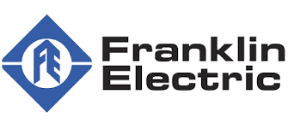








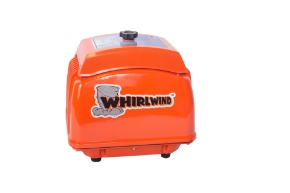
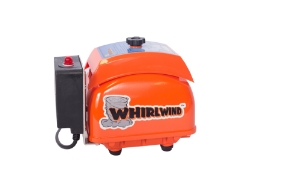
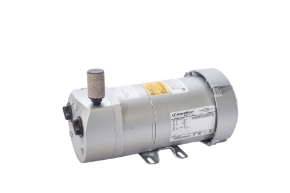
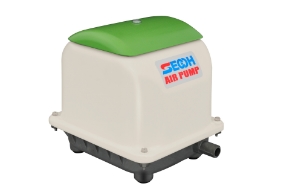
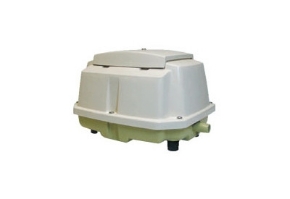
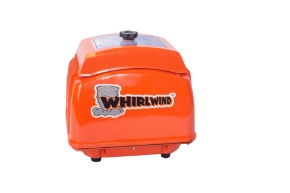
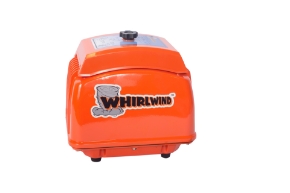
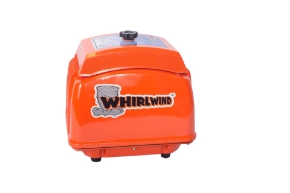

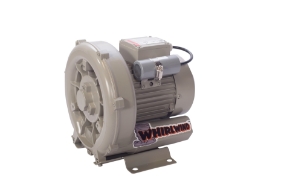
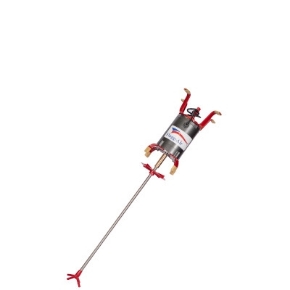
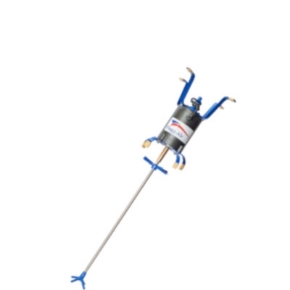
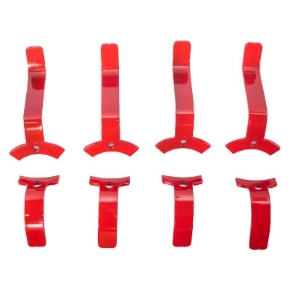
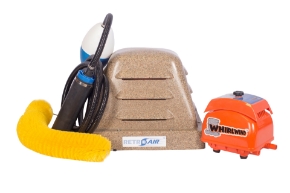
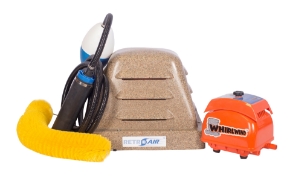
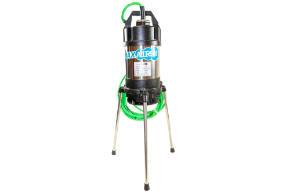

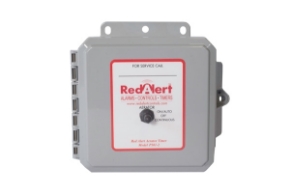
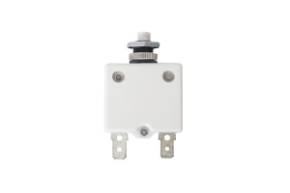
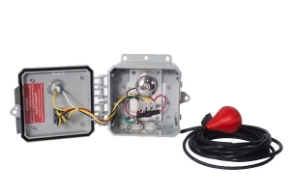

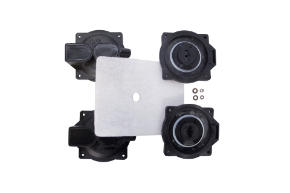
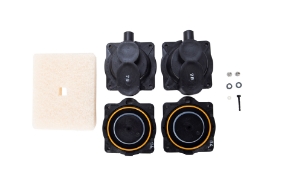
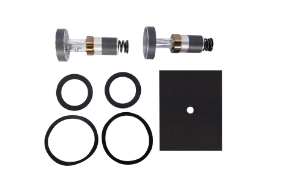
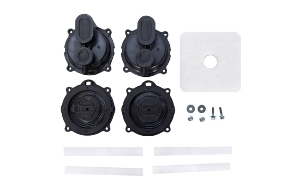
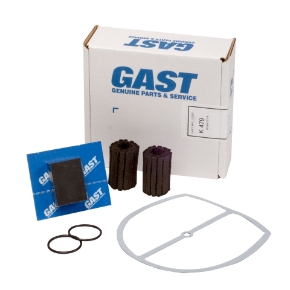
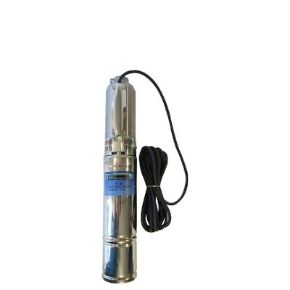
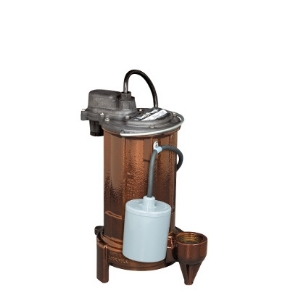
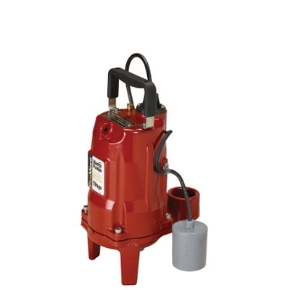

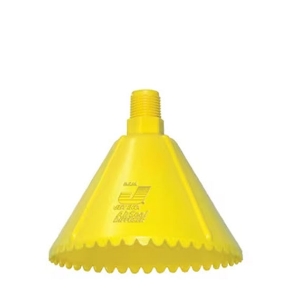
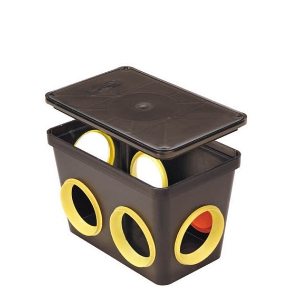

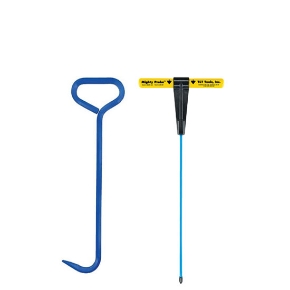
 WARNING: These products can expose you to chemicals including lead, which is known to the State of California to cause cancer and birth defects or other reproductive harm. For more information, go to
WARNING: These products can expose you to chemicals including lead, which is known to the State of California to cause cancer and birth defects or other reproductive harm. For more information, go to